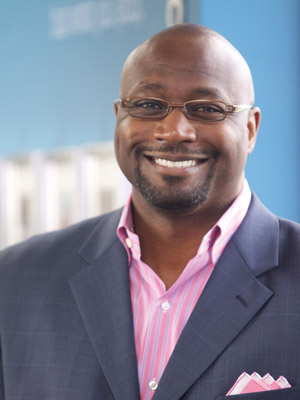
Vision of the Future
David Casey
Title: VP, Workforce Initiatives and Diversity Officer
Company: CVS Caremark
Corporate Headquarters: Woonsocket, Rhode Island
Website: www.cvscaremark.com
Primary Business: Health care, retail
Revenues: Nearly $100 billion
Employees: More than 200,000
In an earlier life as a recruiter for a staffing firm, I remember frantically scurrying around the office to make sure all of our files were checklist-compliant as we strove to meet the requirements of the latest certification. Our company’s leadership made it sound as if we would never again bring on a new client if we failed to achieve certification. Today, I think of that certificate as living in a drawer along with the other business trends that have come and gone.
So what will be the legacy of diversity management? Will we look back 10 years from now and say, “Remember when diversity was the hot thing?” Or will diversity management go on to become as institutionalized a part of business as sales and marketing?
One thing is certain: Companies that are still not there in 10 years will be competing less effectively.
I believe we are well on our way to the latter. Early in my career as a diversity management practitioner, I thought we would get so good at managing diversity that I would eventually work myself right out of a job. I don’t say that anymore. For one thing, I have a growing teenage son who spends half of his waking hours with his head buried in the refrigerator—I need my job! Secondly, now that the strategic opportunities that can be created through good diversity management are more widely understood, I am confident that successful companies will have a diversity management practitioner dedicated to taking that competitive advantage to the next level.
So, I think this may be what people 10 years from now will say about diversity management today: this is the period when it became recognized as a business process that can drive success in every department, but only with the help and full-time leadership of skilled practitioners.
Looking forward 10 years, I anticipate that the organizations that have institutionalized diversity management as a business process supported by effective leadership will have two key attributes:
- diversity practitioners leading the work with a high degree of responsibility for developing and executing big picture diversity management strategies
- a company culture where every employee plays a role in and has a high degree of accountability to diversity management.
One thing is certain: Companies that are still not there in 10 years will be competing less effectively. Come to think of it, they may even be saying, “Remember when diversity was a hot thing? Whatever happened to that?”
PDJ






